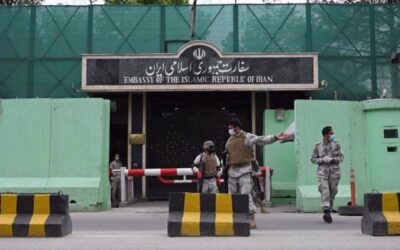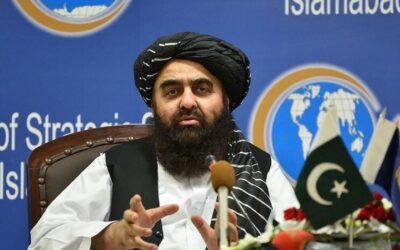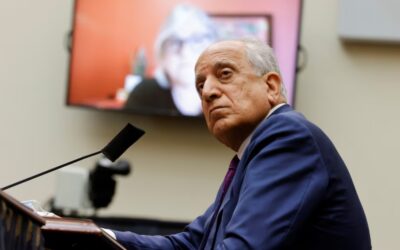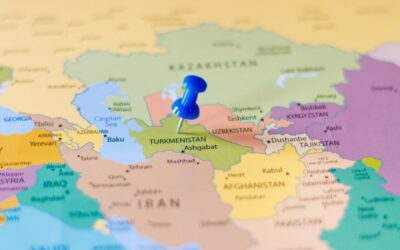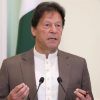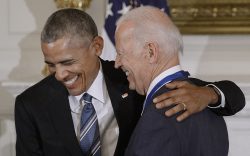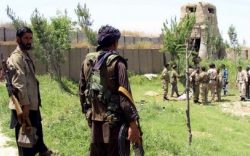
Key Points from Brookings Report about ISIS-K attack and Russia-Afghanistan relation
30 March 2024
Key Points from Brookings Report about ISIS-K attack and Russia-Afghanistan relation:
Moscow Terrorist Attack: The recent terrorist attack at the Crocus concert hall in Moscow has been claimed by the Islamic State Khorasan Province (ISKP), originating from Afghanistan. Russia has sought to link the attack to Ukraine to deflect attention from security failures and bolster Putin’s authority.
ISKP’s International Operations:
ISKP has escalated attacks beyond Afghanistan, targeting countries like Uzbekistan, Tajikistan, and Iran. The group aims to destabilize the region and undermine the Taliban’s authority.
ISKP-Taliban Relations:
Despite ideological differences, the Taliban actively opposes ISKP, viewing it as a threat. The Taliban’s military actions have significantly weakened ISKP’s presence in Afghanistan.
Regional Counterterrorism Efforts: Russia, Iran, and China have engaged with the Taliban to mitigate terrorism risks, prioritizing stability over human rights concerns. However, their influence over the Taliban is limited.
Russia’s Constraints:
Despite efforts to influence Afghan affairs, Russia’s leverage over the Taliban is restricted. Moscow lacks significant humanitarian aid or economic engagement in Afghanistan, limiting its ability to sway Taliban policies.
Future Outlook:
While frustrated by the Crocus attack, Russia’s options with the Taliban remain limited, requiring increased focus on monitoring terrorist networks and bolstering regional military readiness.
Source: Brookings
https://www.brookings.edu/articles/russia-afghanistan-relations-in-the-aftermath-of-the-moscow-attack/
there is not post in layout 2
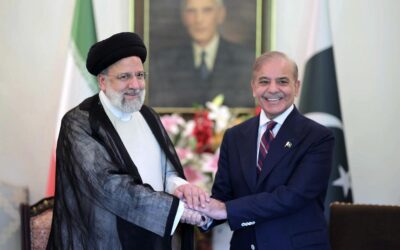
Pakistani and Iranian Leaders Commit to Strengthen Cooperation in Combating Militancy Originating from Afghanistan
Pakistan and Iran, neighboring nations with a lengthy and permeable...

